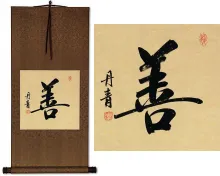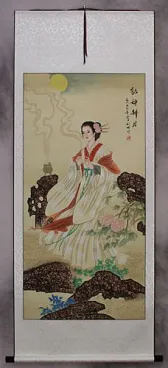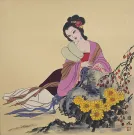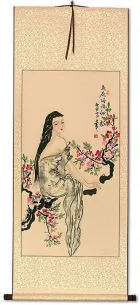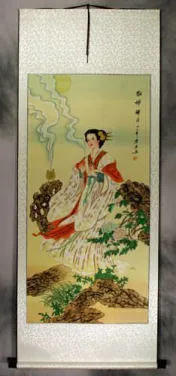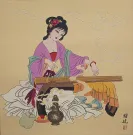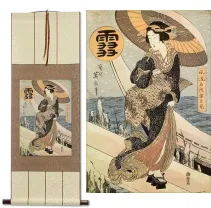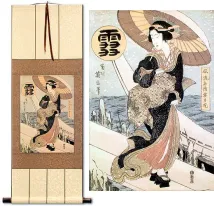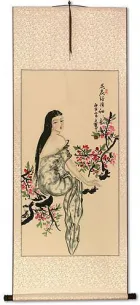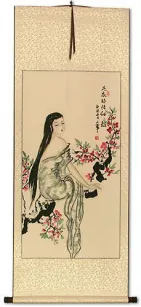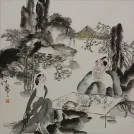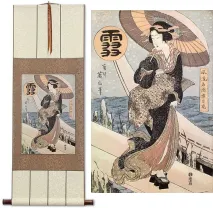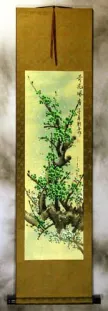Many custom options...
And formats...

Truth Goodness and Beauty in Chinese / Japanese...
Buy a Truth Goodness and Beauty calligraphy wall scroll here!
Truth Goodness and Beauty
This in-stock artwork might be what you are looking for, and ships right away...
Gallery Price: $65.00
Your Price: $39.88
Asian Beauty
Beautiful Chinese Woman Painting
Discounted Blemished
Gallery Price: $89.00
Your Price: $49.00
Gallery Price: $200.00
Your Price: $88.88
Gallery Price: $232.00
Your Price: $128.88
Asian Beauty
Classic Beautiful Chinese Woman Painting
Discounted Blemished
Gallery Price: $89.00
Your Price: $49.00
Gallery Price: $108.00
Your Price: $59.88
Gallery Price: $108.00
Your Price: $59.88
Gallery Price: $200.00
Your Price: $88.88
Gallery Price: $200.00
Your Price: $88.88
Gallery Price: $126.00
Your Price: $69.88
Gallery Price: $178.00
Your Price: $98.88
Gallery Price: $108.00
Your Price: $59.88
Gallery Price: $72.00
Your Price: $39.88
Not the results for truth goodness and beauty that you were looking for?
Below are some entries from our dictionary that may match your truth goodness and beauty search...
| Characters If shown, 2nd row is Simp. Chinese |
Pronunciation Romanization |
Simple Dictionary Definition |
真善美 see styles |
zhēn shàn měi zhen1 shan4 mei3 chen shan mei mazemi まぜみ |
More info & calligraphy: Truth Goodness and Beautythe true, the good, and the beautiful; (female given name) Mazemi |
The following table may be helpful for those studying Chinese or Japanese...
| Title | Characters | Romaji (Romanized Japanese) | Various forms of Romanized Chinese | |
| Truth Goodness and Beauty | 真善美 | shin zen bi shinzenbi | zhēn shàn měi zhen1 shan4 mei3 zhen shan mei zhenshanmei | chen shan mei chenshanmei |
Successful Chinese Character and Japanese Kanji calligraphy searches within the last few hours...

